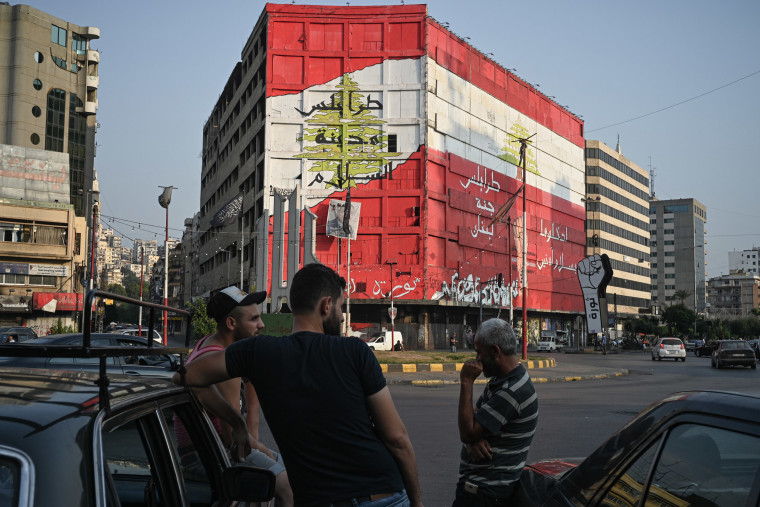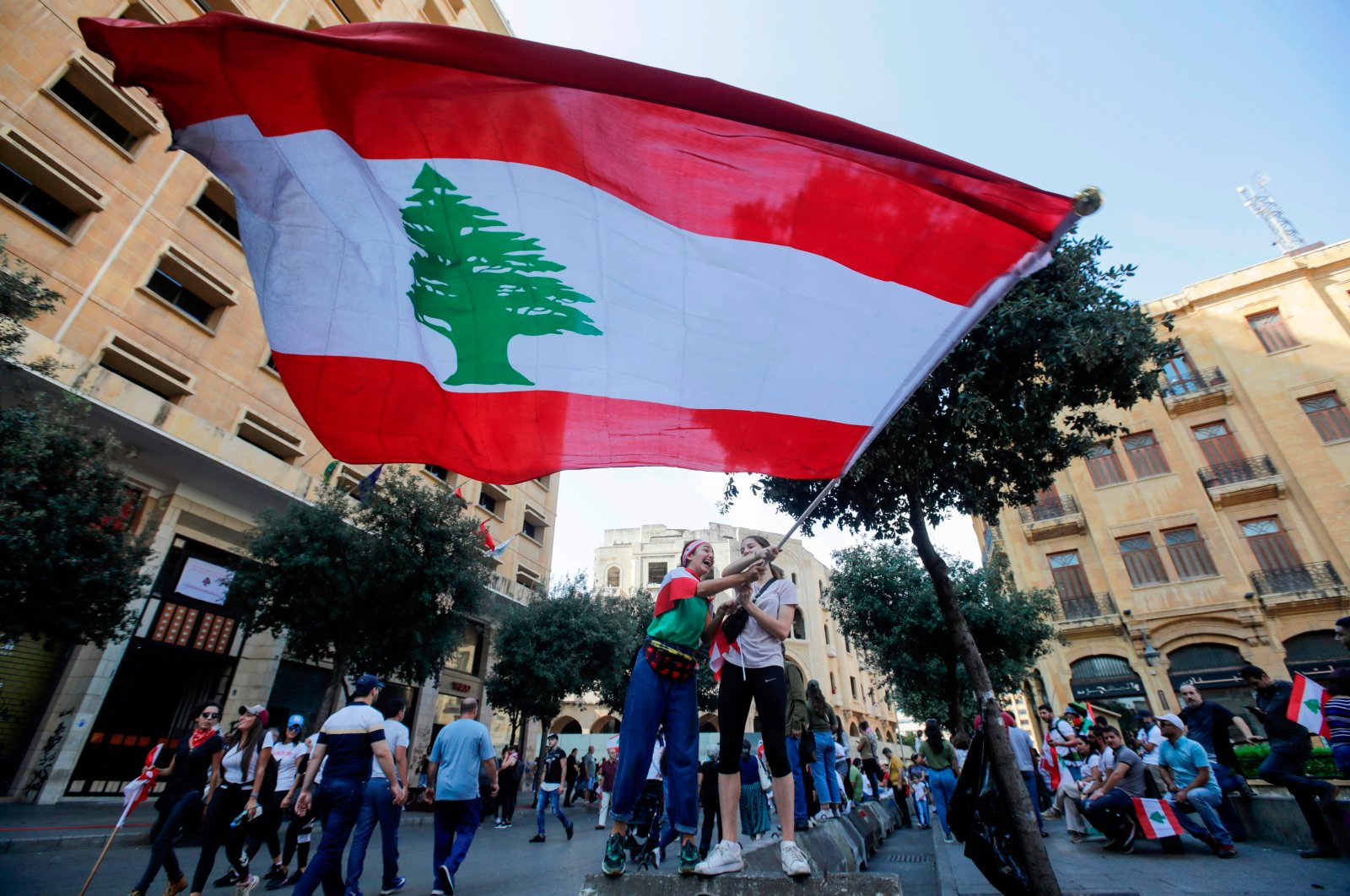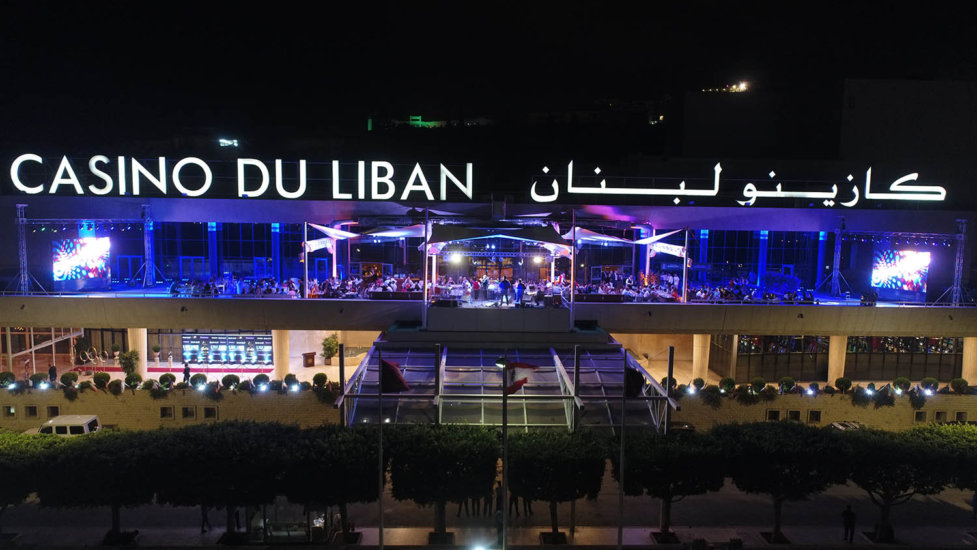By Abbie Cheeseman — nbcnews — BEIRUT — Mohammad Kekhia stares into his nearly empty fridge. His 14-year-old son, Hassan, stands beside him, peering in hopefully. To Hassan’s disappointment, his father closes the door without retrieving any food. There is not enough. Not if they want to have anything left for tomorrow. “We are eating once every two days if we are lucky,” Kekhia says. Lebanon is grappling with its most severe economic crisis in modern history. The lira has lost over 80 percent of its value since October. Unemployment is soaring. Prices are skyrocketing. Hunger is spreading across this tiny Mediterranean country, known worldwide for its cuisine.
The collapse of the Lebanese currency has had knock-on effects in neighboring Syria, which has long used Lebanon as a route around sanctions. And the crisis has left Lebanon, a strategic country regionally, open to intervention from other countries as a bailout from the International Monetary Fund grows more unlikely. Relations have fractured further with the U.S, which is a backer of the army and some parties in Lebanon, as well as the largest donor to the IMF. Hezbollah — an Iranian proxy officially designated a terrorist organization by the U.S., and a political group with unrivaled influence in government — has claimed Lebanon’s crippling dollar shortage results from a U.S conspiracy. Hezbollah leader Hassan Nasrallah is advocating for Lebanon to “look east” rather than west to get out its economic quagmire, setting its sights on investment from China. Inside Lebanon, the issues involve not East or West but the daily struggle to get by. In the northern city of Tripoli, Kekhia had been living a basic life with his wife and their three children. They have lived for the past seven years in a single room with a tin roof. But now they’re battling hunger and deep poverty. “Yesterday, our neighbors gave us a bag of bread. … We can’t even manage that ourselves,” said Kekhia, who used to work in construction. “Every two days, I go out and try to gather some olives or some labneh [thick yoghurt] so that the children can eat a little.” Three months behind on rent, out of gas, stealing electricity from a neighbor to power their one lightbulb and the fridge, he and his family are desperate. They can no longer afford Hassan’s epilepsy medication.









